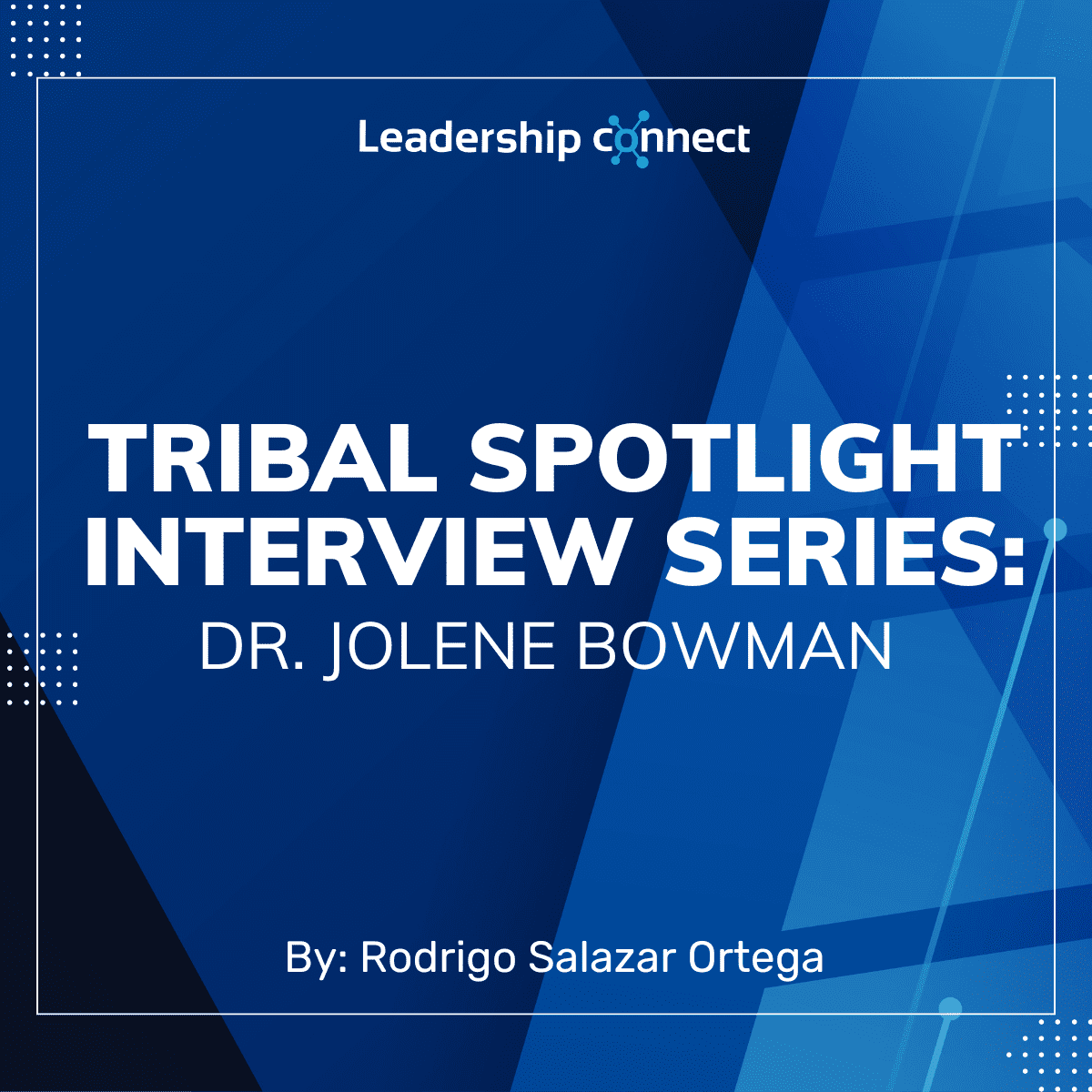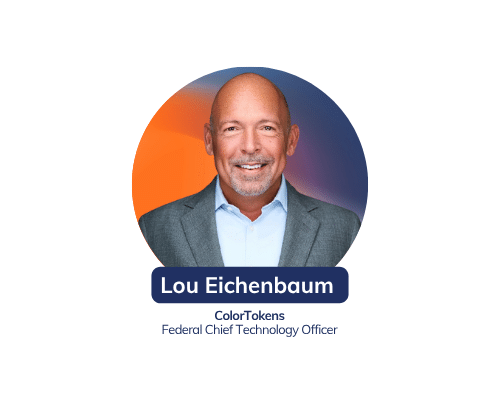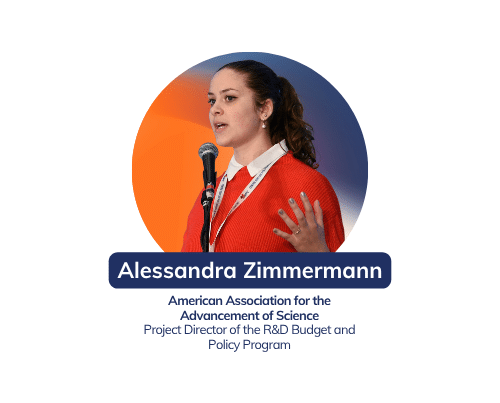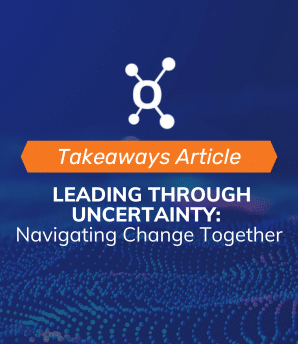I spoke with Dr. Jolene Bowman about her passion for Tribal sovereignty and the intersection between Tribal Government Relations and education.
Can you tell me about your career path that has led you to where you are now?
The value of family has led me to where I am today. It is a big influence on my life and journey. I grew up with my mother going to college and seeing her there I wanted to plan what I wanted to do with my life. I wanted to have a plan to get to where I wanted to be, and it all always went back to education and academia. I always asked myself what my plan was and how to follow through. I worked in grant management and education and career services while pursuing my doctoral degree. As director of education, I work with Tribal directors’ associations. The foundational piece that I always carry with me is that our ancestors sacrificed not for us to be stagnant but to be powered by our purpose. That is why at my Tribe, the Stockbridge-Munsee Community, we are writing our curriculum not letting anyone keep telling our story, the story of Tribes in the United States. It is free for teachers and inclusive for everyone who is looking to adopt it.
How did you become passionate about the intersection of tech, government, and tribal communities, and how do you stay informed and engaged in those areas?
Tribal nations provide a unique perspective to their community. What made me passionate was wanting to see Tribes have an active voice at the table. Working with tribal nations is interesting and different. As a Tribal member, I would always see that everyone can learn from each other. Each generation brings its own challenges and working together we can bring a better future to the next generations.
The other side of my passion was seeing the need for more Tribal opportunities and respect for sovereignty. Sovereignty should be upheld as stated in the U.S. constitution. This is a responsibility that we have as Americans not just Native Americans. If the constitution doesn’t expire then tribal sovereignty does not expire either.
What do you believe sets Tribal Government Relations apart as a unique work environment, and how do you navigate its challenges in your everyday work?
Each tribal nation is working hard for membership and recognition, and everyone does great work in fighting for sovereignty. It is a unique environment that I did not understand growing up. Microaggression and stereotypes are there, not gone. Sometimes tribal nations get stuck with policies that have been set for many years. The world is constantly changing, and policies should reflect that and should be fluid, open for interpretation, and updated accordingly.
The Tribal government relations space is all about relationships. Recognizing other’s strengths and understanding how people do things. We do not have to recreate thew wheel. Be willing to ask questions because Tribal Nations are willing to share and provide feedback. No tribal nation has said no to that.
Describe a challenging or rewarding project that significantly influenced your growth as a professional. How did you handle the challenge, and what did you learn from the experience?
What motivated me to run for NIEA (National Indian Education Association) in 2015 was getting my PHD, and asking myself “now what, why did I do all of this, what is the plan?” I knew I wanted to give back to Indian country and to my own Nation. It was hard for someone from my area to get on the board because of the number of representatives; however, I got voted in. It was a learning experience because of what it meant to be in this position and being of service to all Tribal Nations. It is all about learning, talking, discussing, and sharing ideas. Everyone is equal and I enjoyed that because education is about dialogue and not power. That’s where real movement comes from.
What advice would you give to someone navigating how to bridge the gap between traditional practices and modern governance structures?
Know the environment before trying to introduce work or change. Know the tribal nation and their process and protocol. Follow that through committees, community forums, and community meetings before drafting anything. You may have the right answers, but nothing will happen if you do not follow the protocol respecting culture and tradition.
Word Association, what is the first word that comes to mind for each of there?
- Policy – Protection
- Networking -Structure
- Communications – Connectedness
- Leadership Connect – Bringing everything together






